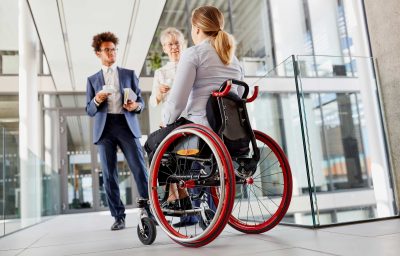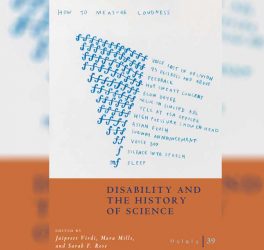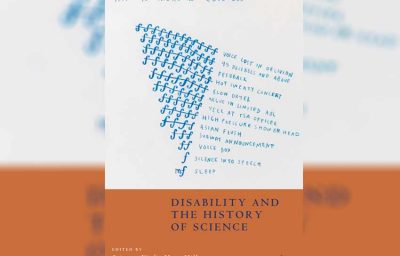
Last week, Attorney General Merrick B. Garland signed a final rule under Title II of the Americans with Disabilities Act (ADA) to ensure the accessibility of websites and mobile apps for people with disabilities.
This final rule clarifies the obligations of state and local governments to make their websites and mobile applications accessible. Every day, people across the country use the web and mobile apps to access public programs and services, including emergency information, courts, healthcare providers, schools, voting information, parking, permit applications, tax payments, and transit updates. If these technologies are not accessible, it can be difficult or impossible for people with disabilities to access critical services. Consequently, individuals with disabilities may be excluded from accessing public services that others routinely use.
“This final rule marks the Justice Department’s latest effort to ensure that no person is denied access to government services, programs, or activities because of a disability,” said Attorney General Merrick B. Garland. “By issuing clear and consistent accessibility standards for state and local governments’ digital content, this rule advances the ADA’s promise of equal participation in society for people with disabilities. I want to thank the many public servants across the Department, led by the Civil Rights Division, for their tremendous work on this rule.”
“This rule affirms the Justice Department’s unwavering commitment to achieving the promise of the Americans with Disabilities Act — ensuring that people with disabilities can fully and equally participate in our society,” said Acting Associate Attorney General Benjamin C. Mizer. “The rule, which clarifies the standards for making mobile apps and websites accessible, is vital to people’s ability to use and benefit from public programs and services.”
“This rule is truly historic and long overdue as it will help break down barriers that have kept people with disabilities from fully participating in American life,” said Assistant Attorney General Kristen Clarke of the Civil Rights Division. “The rule will help ensure that people with disabilities have equal access to a full range of government services including critical activities like voting, taking online courses, applying for public benefits, filing taxes and more. For far too long, people with disabilities have been left behind as we’ve witnessed more services and government activity increasingly move online. This rule is helping to usher us into a new era by bringing an end to the discrimination faced by millions of Americans with vision, hearing, cognitive and manual dexterity disabilities across our country.”
The rule will provide much-needed standards for addressing a wide variety of barriers. For example, the rule will help ensure blind individuals can access information about public transportation on a city’s mobile app or website, enable people who are deaf or hard of hearing to participate in university lectures online and allow individuals with manual disabilities affecting their ability to use a mouse to access web information about voter registration. Ensuring that people with disabilities can access web content and mobile apps and fully participate in public programs and services will improve the day-to-day lives of individuals with disabilities in communities throughout the country.








